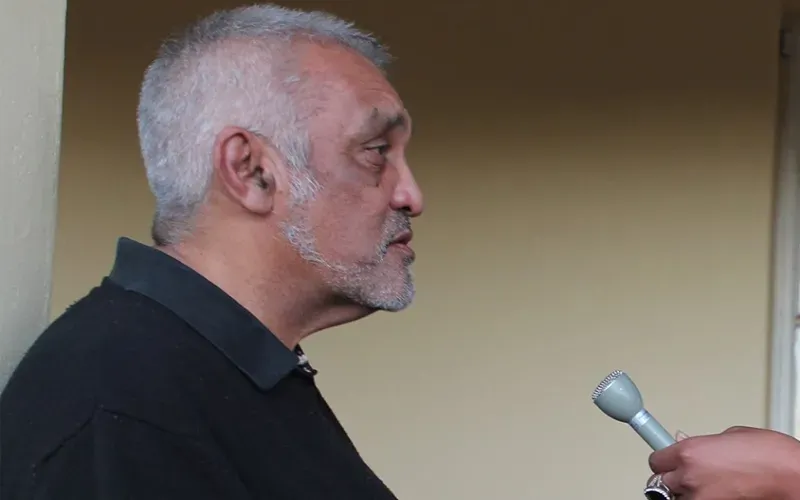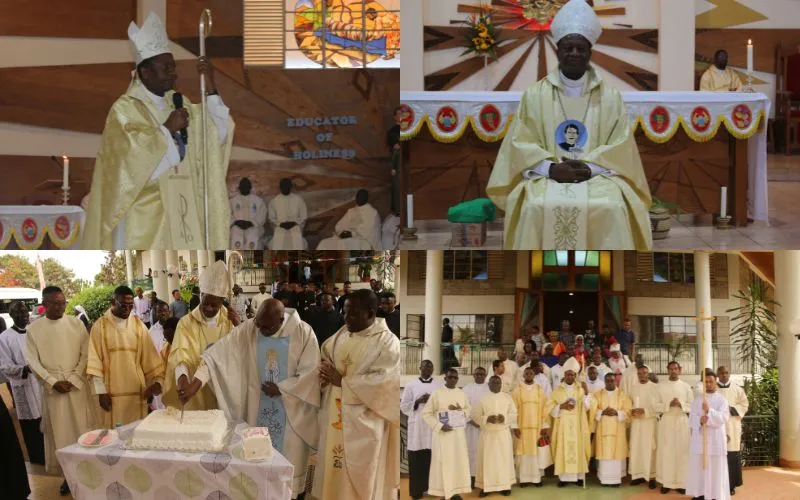“A kidney for instance, is one of the most sought for body parts. And it's not people who are being treated and operated in first world hospitals. I mean, it's just gross,” Fr. Pearson told ACI Africa during the May 26 interview.
The CPLO Director recalled the remarks of Pope Francis when he addressed participants in the Santa Marta Group Conference saying, “The Holy Father mentioned in his talk with us about the rise of trafficking of body parts in many parts of the world.”
“It’s not just sexual exploitation, its labor exploitation, trade of body parts; these are the three spikes in the trafficking world. And all three are just so dehumanizing and so painful in every sphere,” Fr. Pearson said.
He continued, “We have got to work to ensure that the political will, and I don't only mean that, in terms of legislation, but, that there is a political will to fight this scourge. This scourge is very close to the Holy Father's heart, and that's why he always joins us for the session or meets with us, as he did this time, at the end of the conference.”
According to a 27 March 2017 report by the Global Financial Integrity, a Washington, DC-based think tank focused on illicit financial flows, corruption, illicit trade and money laundering, trade in human organs is becoming just as large-scale and profitable as trade in illicit drugs, wildlife and weapons, producing annual profit of some $1.7 billion US dollars.
(Story continues below)
In the May 26 interview with ACI Africa, the CPLO Director called upon faith communities to continue engaging political leaders in ensuring that policies that are able to prosecute human traffickers are put in place.
He continued, “Prosecution isn't everything, but you've got to look at things that deter, and one of the things, one of the areas of prosecution, is around finances; people do these hideous things, because they want the financial gain, and the stakes are high.”
“So, one's got to put legislation in place, one's got to put policies in place, one's got to put training in place; that allows not only the apprehension of the trafficker on the main road in the red-light district, but also the people who organize at the networking level”, Fr. Pearson told ACI Africa.
He added, “There needs to be very close monitoring of financial shifts. So, we've got to work with the financial institutions to monitor shifts; we've seen it in areas where people are being held accountable for issues around war. This is another form of war.”
“Traffickers are always three steps ahead; so, one's got to develop sound policing, intelligence. There’s a need to develop coordinated intelligence because the networks of trafficking are just so far ahead, and we've got to up the game,” Fr. Pearson told ACI Africa during the May 26 interview.
Sheila Pires is a veteran radio and television Mozambican journalist based in South Africa. She studied communications at the University of South Africa. She is passionate about writing on the works of the Church through Catholic journalism.








